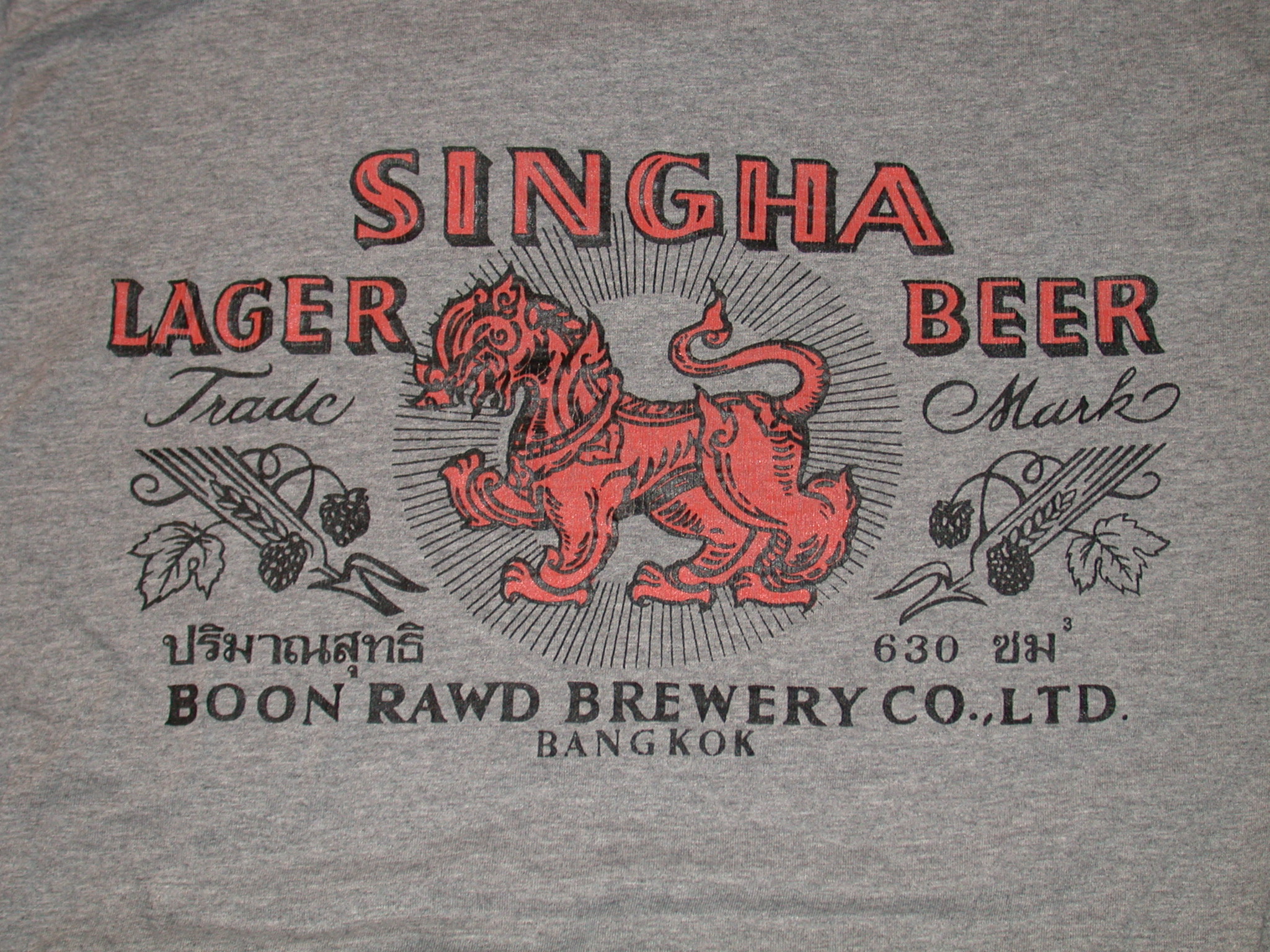Everything I Learned About Rehab In Chiang Mai I Learned From Potus
페이지 정보
작성자 Marie 작성일 24-01-11 02:37 조회 12 댓글 0본문
 Introduction:
Introduction:Alcohol withdrawal is a state of being which takes place when people abruptly stop or notably lower their alcohol intake after extended times of heavy drinking. It really is a complex and potentially deadly problem that impacts thousands of people worldwide. This report is designed to offer an extensive overview of liquor detachment, including its symptoms, treatment plans, and management strategies.
Symptoms of Alcohol Withdrawal:
The onset and seriousness of alcohol withdrawal symptoms vary among individuals, based on facets including the amount and timeframe of alcohol consumption and a person's general health. Typical medical indications include tremors, anxiety, frustration, sickness, vomiting, sleeplessness, increased heartrate, and sweating. In extreme instances, individuals may go through hallucinations, seizures, or delirium tremens (DTs), a potentially fatal condition described as agitation, confusion, hallucinations, and fluctuating degrees of awareness.
Treatments:
When coping with alcohol withdrawal, it is necessary to seek medical guidance and support. The principal aim of treatment solutions are to properly manage detachment symptoms, prevent complications, and facilitate the transition to sobriety. Medical experts can evaluate the seriousness of signs and discover the right level of treatment. In moderate situations, outpatient treatment might be administered, while more serious situations might need hospitalization.
Medicines commonly used in alcohol detachment treatment consist of benzodiazepines, which help decrease anxiety, relieve signs, and give a wide berth to seizures. Various other medicines eg antipsychotics, anticonvulsants, and beta-blockers could be useful to manage specific symptoms or co-occurring problems. In addition, nutritional vitamins, specially thiamine (vitamin B1), are often recommended to avoid or treat potential deficiencies associated with exorbitant alcohol consumption.
Management Tips:
In addition to medical treatments, different methods can be employed to handle alcohol detachment successfully.
1. Supportive Care: Providing a supporting environment promotes a sense of protection and comfort. This consists of guaranteeing proper diet, hydration, and sleep, along with keeping track of important signs and dealing with any health problems that may occur during withdrawal.
2. Psychotherapy: Pursuing psychological state assistance, such as guidance or psychotherapy, can play a crucial role in addressing fundamental emotional or mental problems that contribute to liquor dependency. These interventions assist individuals develop dealing strategies, manage causes, and establish healthier choices to liquor.
3. Rehabilitation products: doing rehabilitation programs, such inpatient or outpatient treatment centers, provides an organized and supporting environment for individuals looking for lasting data recovery. These programs often combine medical interventions, guidance, and peer help to address the physical, mental, and social facets of alcohol addiction.
4. Follow-up Care: After completing preliminary detox and Therapy Chiang Mai, individuals should consistently seek ongoing attention. This might involve participating in support groups, going to regular treatment sessions, and obtaining follow-up evaluations to make certain correct physical and psychological state.
Conclusion:
Alcohol detachment is a difficult condition that needs medical help and extensive support. Comprehending the symptoms, treatment options, and administration methods can significantly aid in helping individuals properly navigate the withdrawal procedure and attain lasting data recovery. By giving proper treatment and resources, we could increase the outcomes for those wanting to overcome alcohol addiction.

- 이전글 comprar mefenamic acid 500 mg en Mónaco precio de ponstan sin receta en Marruecos
- 다음글 Boning Up Light Source and Glass: The Story At the bottom of Baccarat's Iconic Vases
댓글목록 0
등록된 댓글이 없습니다.